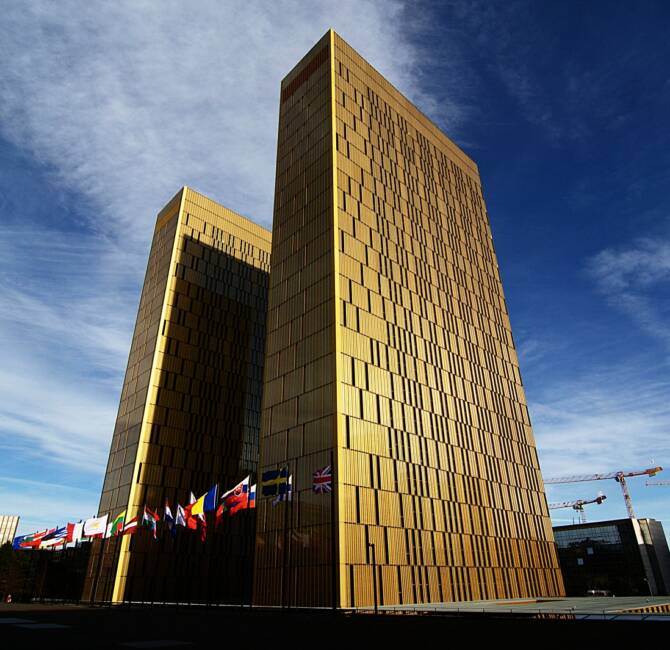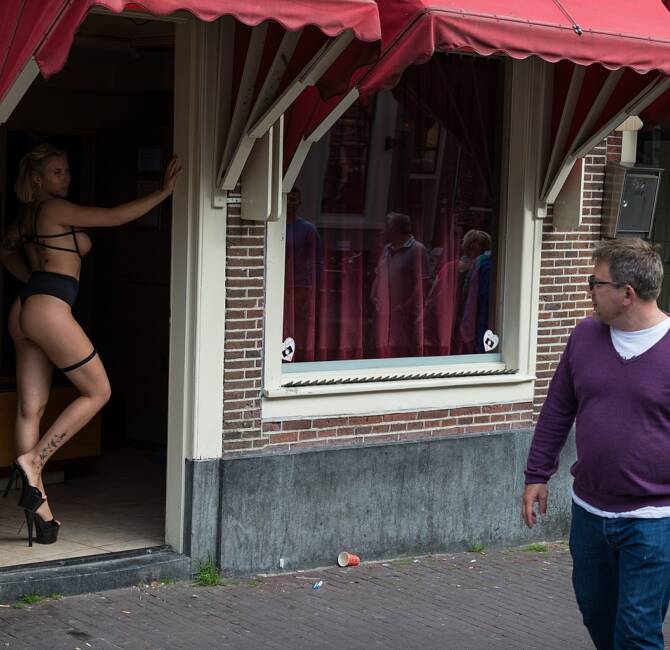Communism has already claimed more than 100 million lives around the world. There are places on earth where people are still losing their lives because of it. And yet in global consciousness it is not presented in a manner as unambiguously pejorative as Nazism, the Third Reich, or the Holocaust. Lenin’s face finds its way onto T-shirts, Stalin is the hero of jovial memes and gifs, and monuments are erected to Marx even in the West. Why is the system that claimed the most victims of all totalitarian systems and ideologies so whitewashed today?
An article by Radosław Wojtas, published originally on Sovereignty.pl. To read the full version on Sovereignty.pl, please click here.
George Orwell’s sketch “Freedom of the Press” was intended as a prelude to one of his most famous books – “Animal Farm.” For unknown reasons, however, this did not happen, and the book, which is an allegorical representation of Stalinism, was not accompanied by it. Fortunately, the text was found in 1972 (more than 20 years after Orwell’s death) by Ian Angus, who published it in the UK in the pages of The Times Literary Supplement. In it, the author of “Animal Farm” describes, among other things, the problems he encountered on the way to publishing this short novel, and this description partially answers the question posed at the beginning of the text. Let’s give voice to the master of dystopia.
“Four publishing houses refused to publish it [“Animal Farm”]. […] One publisher was initially interested in “Animal Farm,” but after an initial reading of the typescript, he decided to consult the Ministry of Information, which seems to have warned him against publishing the book, or at any rate strongly advised him against it. […] At present, this prevailing orthodoxy demands that we express uncritical admiration for Soviet Russia. Everyone knows this and almost everyone is adjusting their actions to this requirement. Any serious criticism of the Soviet regime, any revelation of facts that the Soviet government would prefer not to reveal, would be considered as almost uncensorious of an act. […] No one in our country will publish in print an attack on Stalin, but attacking Churchill (at least in books and in the press) risks no unpleasant consequences.”
This is, of course, from the days of World War II. But is it not the same today as well? Until recently in Poland, political forces critical of Russia were called Russophobic; attempts to decommunize public space – renaming streets, dismantling Communist monuments – were effectively blocked; and in the United States, a few years ago, Jersey City authorities wanted to dismantle a monument dedicated to the Katyn Massacre, the mass murder of Polish elites by the Russians in the spring of 1940.
[…]




